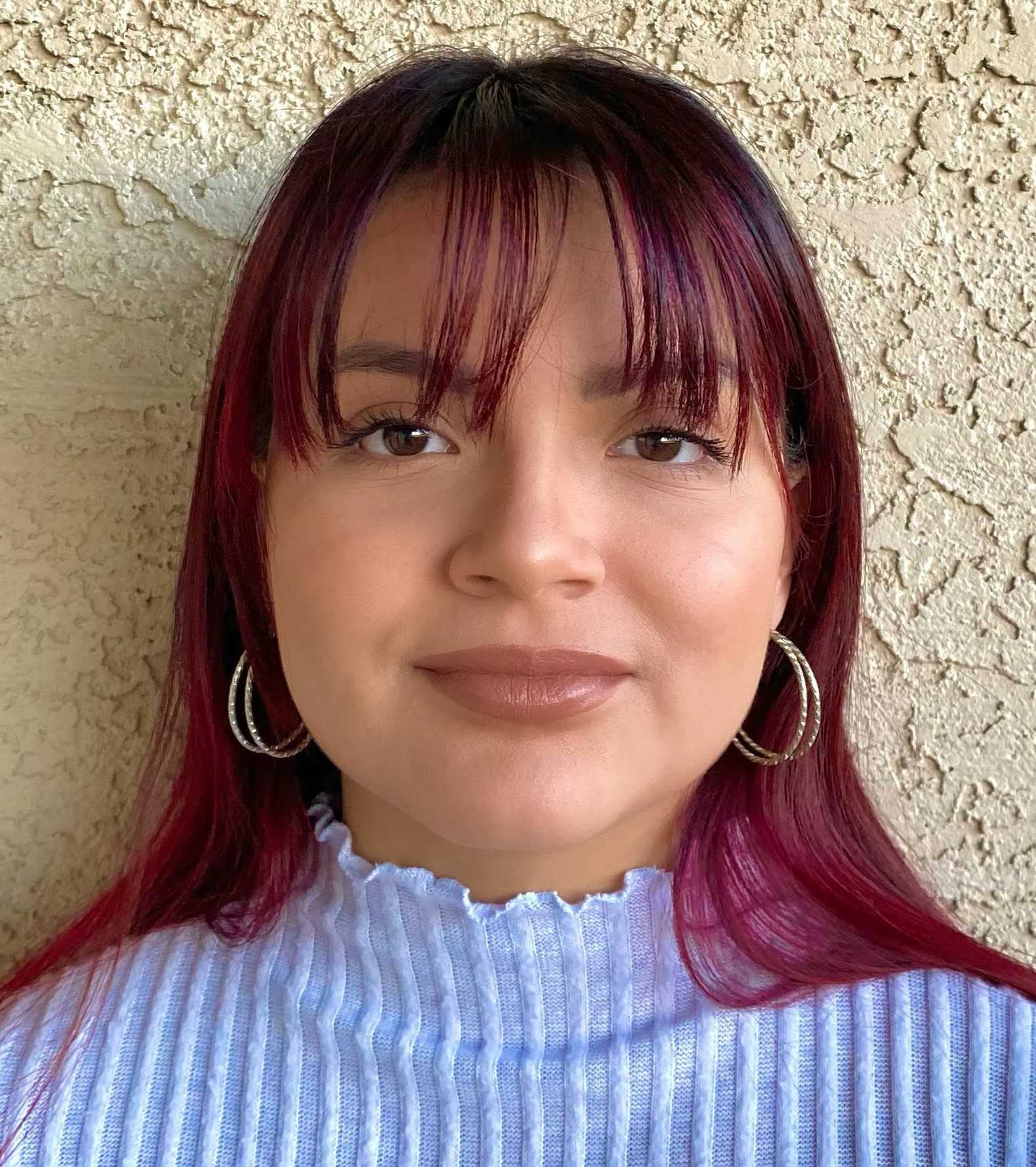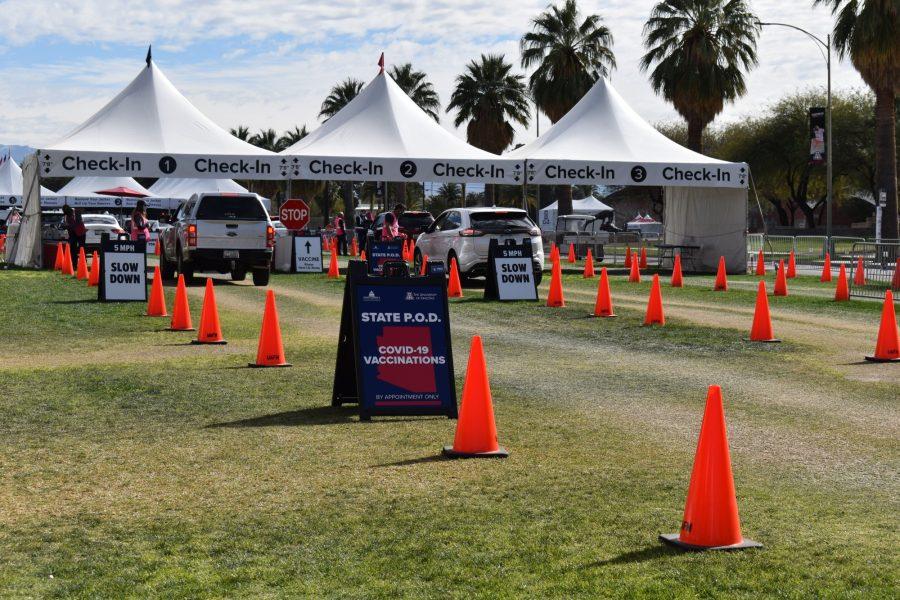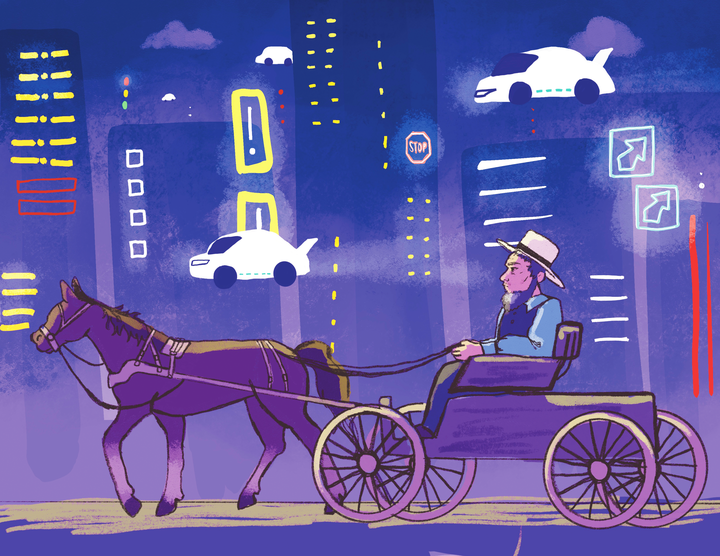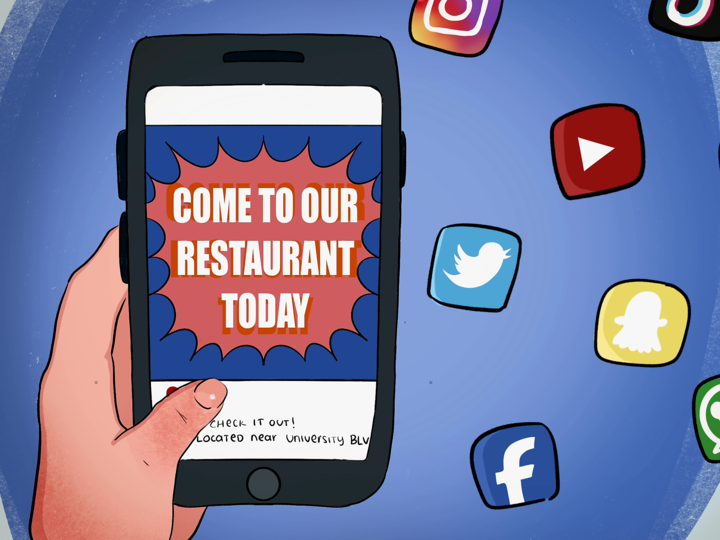When the COVID-19 vaccine was first approved to be distributed in the United States, there was a lot of skepticism due to how quickly it had been developed and tested. Many believed that although the vaccine seemed safe after short-term in trials, it would be unpredictable long-term. The public had the right to feel that way, especially when there was initially not much information available.
However, it has now been more than three months since the vaccine has rolled out and many people are now vaccinated. There is also much more information available to the public. But although there is more information available, it may not always be accessible. That has now caused a discrepancy in the number of individuals who are vaccinated. The Latino community has suffered due the inaccessibility of information.
RELATED: MEDLIFE: Creating infrastructure in healthcare in low-income communities
Up to 68% of Hispanic adults say that they do not have enough information about when people like them will be able to get the COVID-19 vaccine. And 63% of Hispanic adults have also said that they do not have enough information on where they could get the vaccine. Many of these people do not know where to start when looking for resources that could help them through the process of getting vaccinated. This can be older individuals who don’t know how to search for these resources on the internet, individuals who don’t speak any English and some who would rather stay ignorant in avoidance of the vaccine.
There are many different reasons that individuals in the Latino community have for avoiding the vaccine and it is not always misinformation. Many want to avoid confrontation because they do not speak English and become anxious. They may be afraid that there won’t be any resources for Spanish-speaking individuals like them. Another reason is the fear of deportation. Some undocumented immigrants believe that if they go to a testing site, there may be a chance of deportation. There are many stories of government surveillance showing up at mass vaccination sites that have deterred people from showing up and getting the vaccine. Even if there were no chances of deportation at vaccine sites, a lot of individuals may feel uncomfortable with the idea of having their information in the system.
RELATED: OPINION: No matter how desperate Doug Ducey is, the pandemic is not over
Mistrust is also a problem in all communities, but it has been extremely prevalent in the Latino community. Individuals are afraid of getting the vaccine due to the lack of understanding of what reactions can be like in the future. There are also historical reasons of mistrust in the Latino community. They, among other minorities, have been the target of unethical medical experiments. For example, in the 1950s, Puerto Rican women in low-income communities were given experimental birth control pills without being told that they were part of a trial. There are plenty of other instances of minorities being used as guinea pigs for the sake of “science” without their consent. This has led to the mistrust of medical professionals and the healthcare system in general and the Latino community may feel like they want no part in that.
We cannot convince everybody in every community to get the vaccine, but I believe we could be doing a much better job than we are now. There must be resources for Latinos with much easier access in English and Spanish. There should also be other ways to sign up to get the vaccine than through the internet so older individuals that live alone have an easier time signing up.
Shaming a person for not having the vaccine yet or not wanting it is not the way to go. Everyone has their reason and convincing as many people as possible is the goal, but shaming should not be part of the process. Some people are afraid of the implications of this vaccine or they genuinely find the process difficult so they would rather not get it. Offering help to sign them up, pointing them to resources or kindly offering information on the vaccine are much better ways of convincing anyone to get a shot.
Follow Andrea on Twitter

Andrea (she/her) is a freshman law major. She likes to listen to audiobooks and game in her free time.









